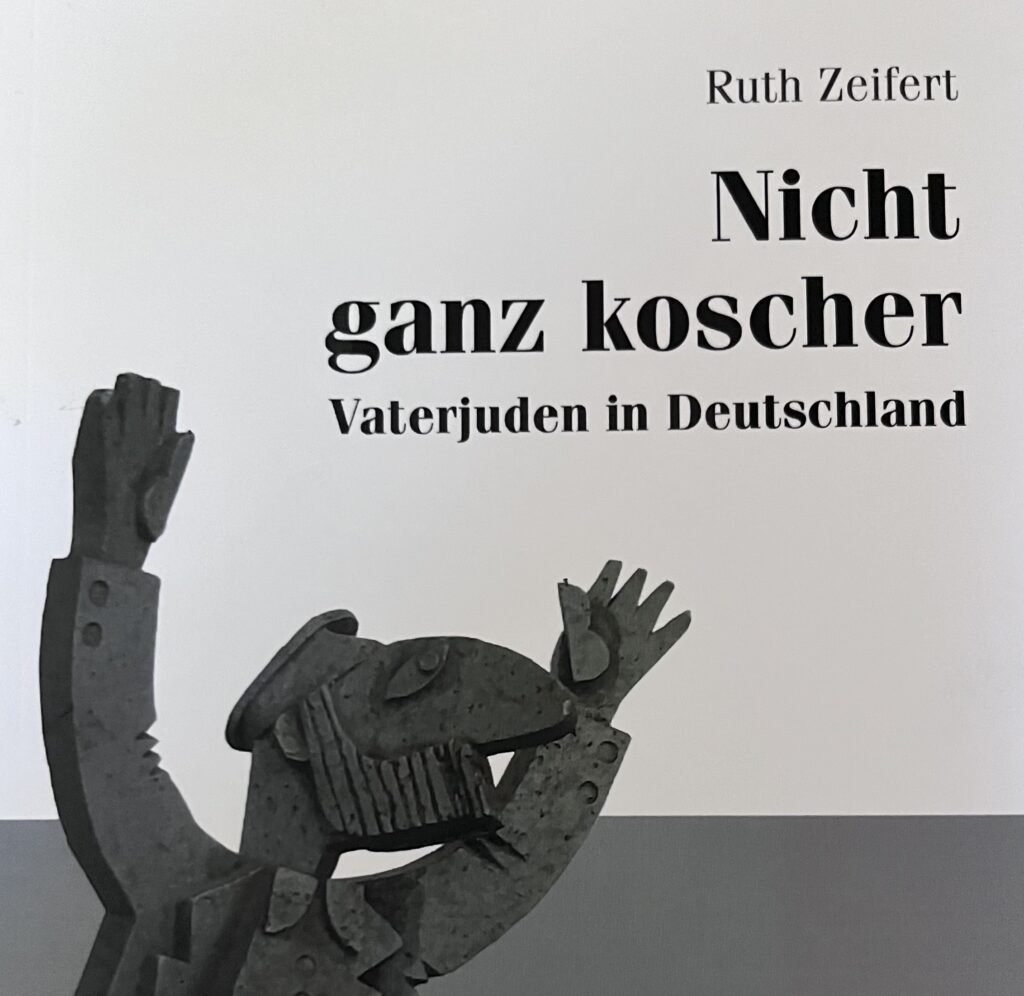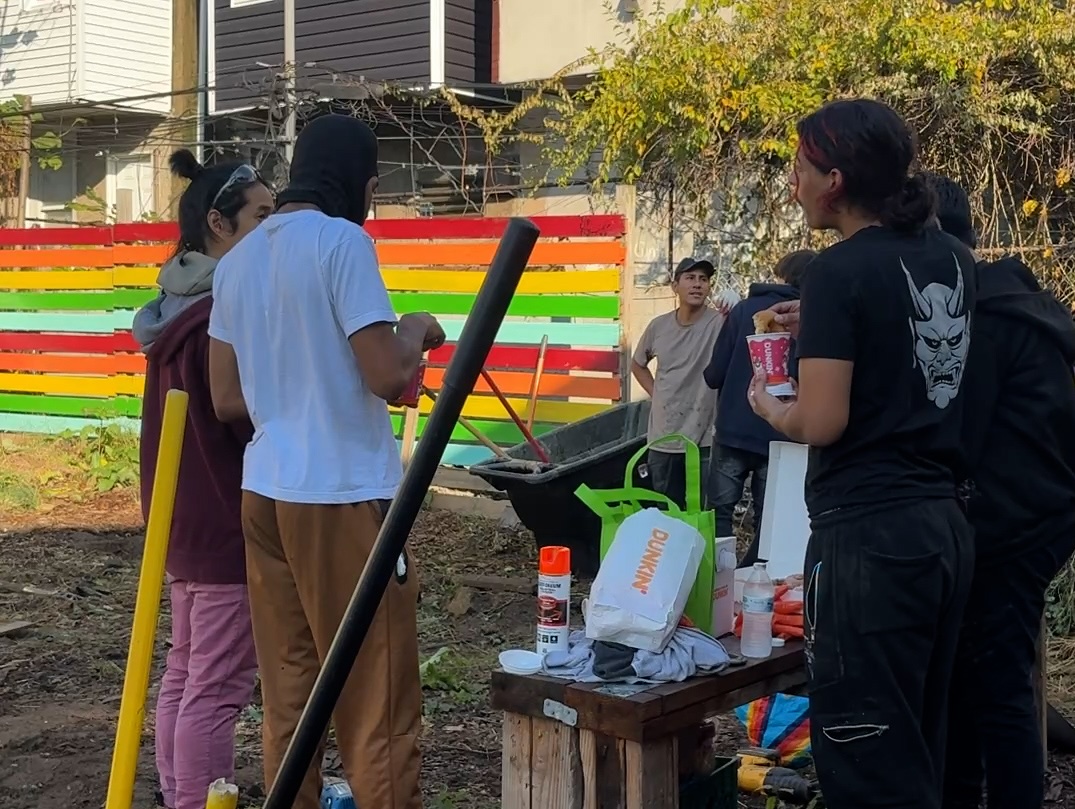(FRANKFURT) — The Halakhah, a collection of written and oral texts that constitute Jewish religious law, considers a person as Jewish, only if born to a Jewish mother or if gone through a proper conversion. That definition omits what are known as “patrilineal” Jews.
Patrilineal Jews often grapple with a complicated identity: Jews ethnically or culturally, yet religiously they need to officially convert to be considered Jewish by conservative and orthodox communities. While in the U.S. the Reform movement considers them fully Jewish, in Germany, no community accepts patrilineal Jews without a conversion.
Being a Jew in Germany, means one is constantly navigating the horrific reality of the country’s history. Patrilineal Jews argue that they experience the same generational trauma, and antisemitism as any other Jewish person.
Dr. Ruth Zeifert, a German Israeli patrilineal Jew, explores what it means to be a patrilineal Jew in Germany and how to deal with a very complicated identity in her book “Night ganz Koscher” which translates to “not quite kosher.” Throughout her book she gives patrilineal Jews a voice, allowing them to tell their stories and perspectives.
—
Q: What role did Judaism play in your childhood?
A: I have an Israeli father. That means there were two identities throughout my childhood. We traveled to Israel from time to time, and we experienced the religious festivals, but also the way of life in Israel. When I grew up, finding Jews among the Germans was difficult. And certainly not in a Frankfurt suburb. But what we did do, because my father worked for the Americans, we regularly went to the chapel on Friday afternoons, when the Americans converted the chapel into a synagogue. But we never went to the normal synagogue.
Q: How was your identity as a Patrilineal Jew perceived by the broader Jewish community?
A: We weren’t out and about amongst the Jewish community. The Jewish community in Frankfurt was of course a conservative one, I never tried becoming a part of it. What we did is we went to Jewish classes for a while, in the Jewish community in Frankfurt. It was never a problem for us to be there. But somehow it was always clear that we were not Jews.
Q: Do you think that many patrilineal Jews feel caught between two worlds and don’t know where they belong?
A: For me it was always clear that I am on the side that would have gone to the gas chambers. That was it for me, I think it’s not even so much about the religion. I like the liveliness of the synagogue, but I would also do fine in a church. Judaism is more than just a religion.
Q: In the U.S., the Reform community decided in the 80’s that if you are a patrilineal Jew, but you grew up in a Jewish household and you live a Jewish life, that you are accepted without having to do Guir (conversion to Judaism). Do you think that something like that is not possible in Germany?
A: I think because we have more Orthodox Jews in Germany. We just don’t have as many liberals and we have too few Jews, for liberal communties to prevail here. It’s nice that there is this alternative as mentioned before. I still find it a problem that it is not really recognized in Israel.
Q: What would you like to see from the Jewish community in terms of acceptance and inclusion?
A: I would like to see a special Guir. It should be something different than the guir that exists for non-Jews. I would like them to accept the social reality. Who still marries according to their religion or according to religious rules? The social reality is that there are people like me so there should be a special path. I have been working in the Jewish community for three years now and the community members still look at each other thinking “that is a convert, she will always be a convert”. And with people like us, it will always be that we are patrilineal Jews.
Q: What message do you give to other German patrilineal Jews who are struggling with their identity?
A: I think young patrilineal Jews who feel like they aren’t Jewish enough nowadays, should definitely take the transition path that exists through the General Rabbinical Conference. I have thought about conversion and for me it is not the right way because I know I will feel I am a convert afterwards and not Jewish. I have the feeling I’m too old to go this way now. But I would recommend it to everyone, because with it you have the possibility to participate in elections of Jewish communities, to become a member, your children are then Jewish and so on.
My conversation with Dr. Zeifert has been translated from German into English and condensed for clarity.


